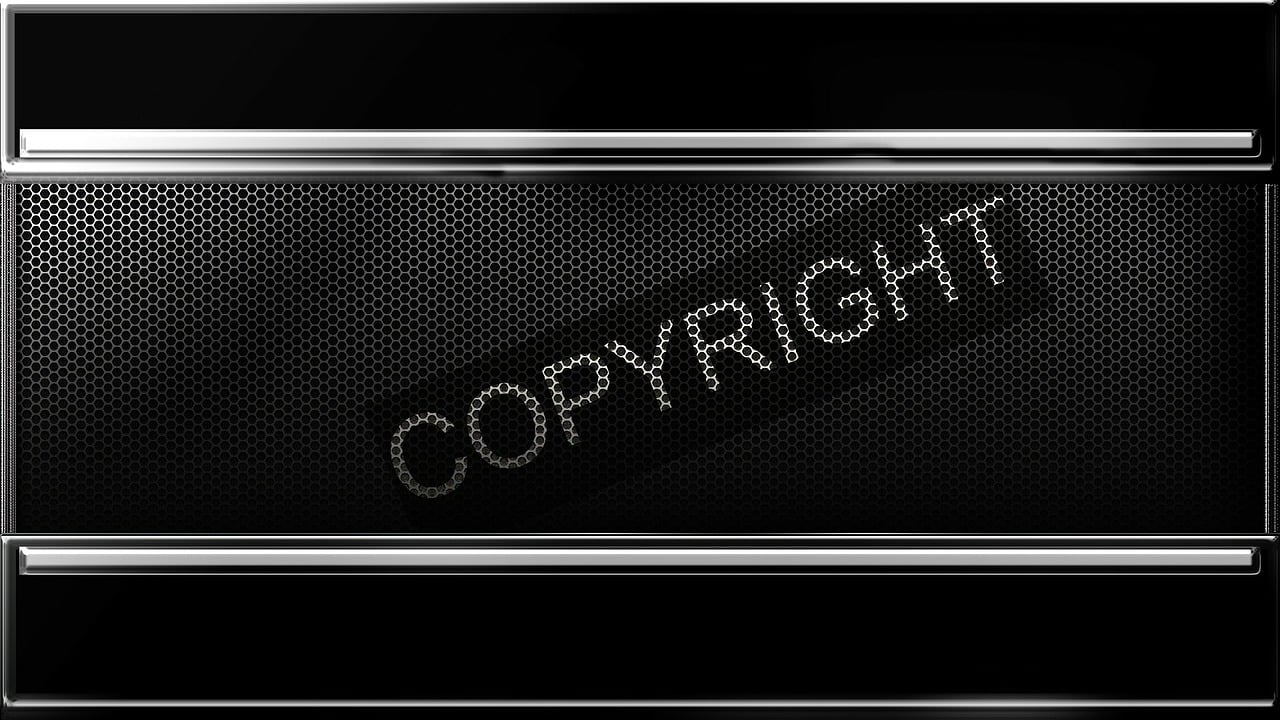In the ever-evolving digital landscape, influencers face unique challenges in managing their online presence. Your digital footprint, which comprises all the information about you available on the internet — from social media posts to news articles and beyond — can significantly impact your personal and professional life. As an influencer, the stakes are even higher since your livelihood relies heavily on how you are perceived online. Here are comprehensive strategies to help you manage and protect your digital footprint effectively.
Understand Your Current Digital Footprint
Before you can manage your digital footprint, you need to know what it looks like. Start by conducting a thorough audit of your online presence. This includes:
- Google Yourself: Perform searches on your name in various configurations and note what appears in the search results. Are the results favorable? Do they accurately reflect your current brand image?
- Review Your Social Media Accounts: Look at your profiles and posts from the perspective of an outsider. What kind of image do you project? Is each post thoughtful and appropriate?
- Check for Old Accounts: Identify old social media profiles or forgotten posts that might still be lurking on the web. Decide whether to update them or take them down.
Regularly Update Privacy Settings
Social media platforms frequently update their privacy policies and settings. Stay vigilant:
- Regularly Check Settings: Every few months, review your privacy settings to ensure they still align with your comfort level and public persona. Make adjustments as platforms update their features and policies.
- Limit Data Sharing: Be cautious about how much personal information you share on social media. Even seemingly harmless details can be pieced together to compromise your privacy.
Curate Content Mindfully
Every tweet, post, or blog entry contributes to your digital footprint. To maintain a positive and professional image:
- Think Before You Post: Consider the long-term implications of your content. Could it be misinterpreted? Might it offend someone inadvertently? If in doubt, perhaps refine or not post it at all.
- Promote Positivity: Try to keep your content positive and uplifting. Negative posts, especially those involving controversies or complaints, can quickly tarnish your image.
- Engage Wisely: How you interact with others online also shapes your digital footprint. Engage constructively and avoid public disputes.
Deal Proactively with Negative Content
Despite your best efforts, you might still encounter negative content about yourself online, such as unflattering photos, critical blog posts, or unfavorable comments.
- Request Removal: If the content is inaccurate or harmful, contact the website owner or the poster to request its removal.
- Use Legal Means if Necessary: For serious issues like defamation, consider consulting with a legal professional about your options.
- Flood Out Negatives with Positives: Increase your positive online presence to push down the negative content in search results.
Utilize Professional Online Reputation Management Services
For ongoing management and surveillance of your digital footprint, consider enlisting professional help:
- Reputation Management Services: These services can help monitor your online presence, alert you to potential issues, and strategize responses to negative incidents.
- SEO Techniques: Professionals can use SEO strategies to promote positive content about you and your brand, effectively managing what people see first when they search for you.
Educate Yourself and Stay Informed
The digital world is dynamic, with new platforms and potential threats developing regularly. Staying informed is your best defense:
- Follow Digital Trends: Keep up with the latest trends in social media, privacy laws, and digital marketing. Understanding these can help you adapt your strategies effectively.
- Participate in Workshops and Seminars: These can provide valuable insights into managing your online presence and expanding your influence safely.
Conclusion
Managing your digital footprint as an influencer requires diligence, foresight, and occasionally, the assistance of professionals. By taking proactive steps to assess, protect, and enhance your online presence, you can safeguard not only your personal brand but also your future opportunities. Remember, in the digital world, your online persona is often your most valuable asset. Treat it with care and respect, and it will serve to propel you toward greater success.
If you’re looking to take your digital presence management to the next level or need assistance with removing unwanted content online, don’t hesitate to reach out. Get in touch with Leak Content Removal to learn more about our services and how we can help protect and enhance your professional online image.








